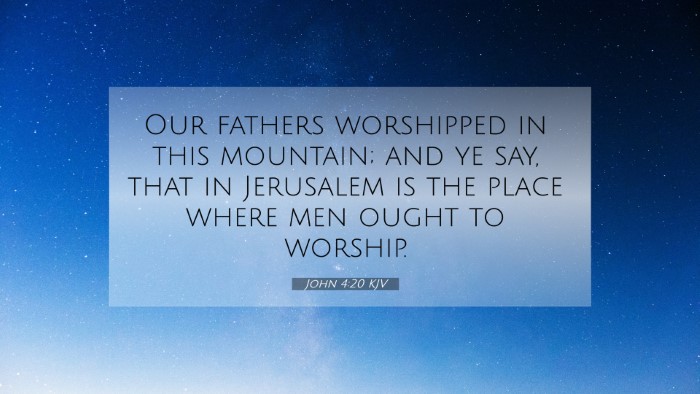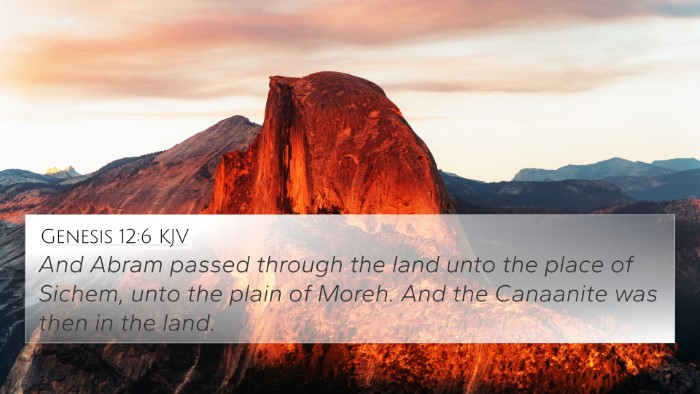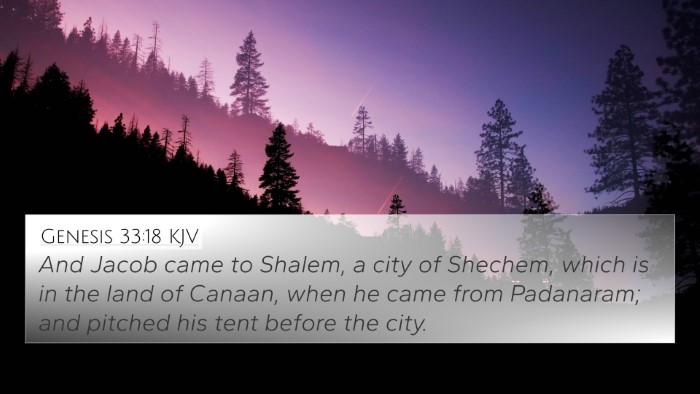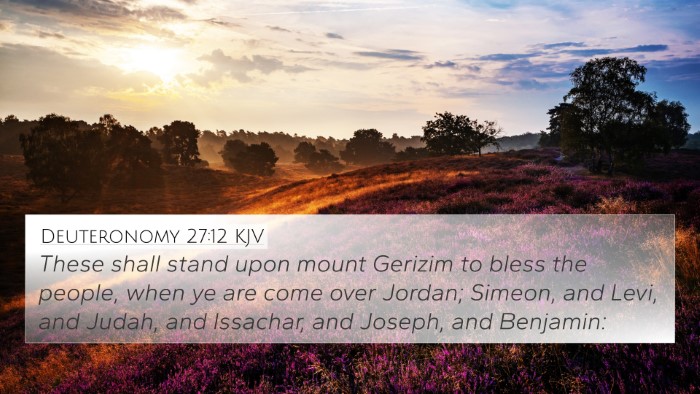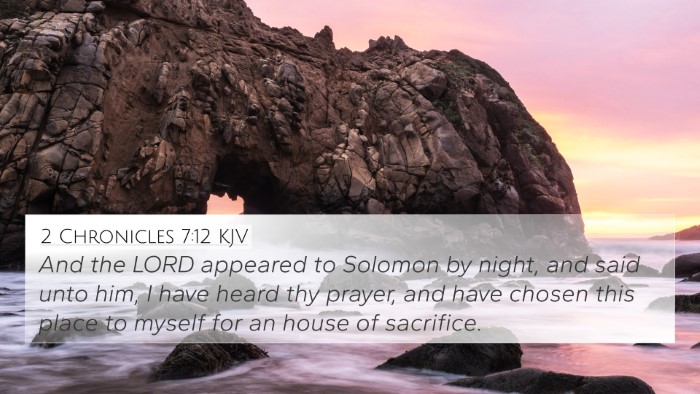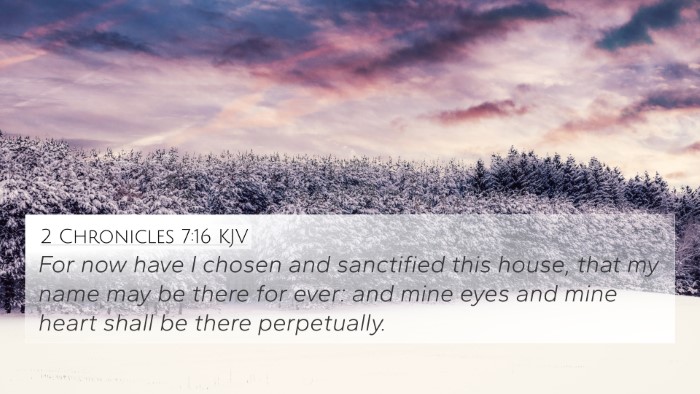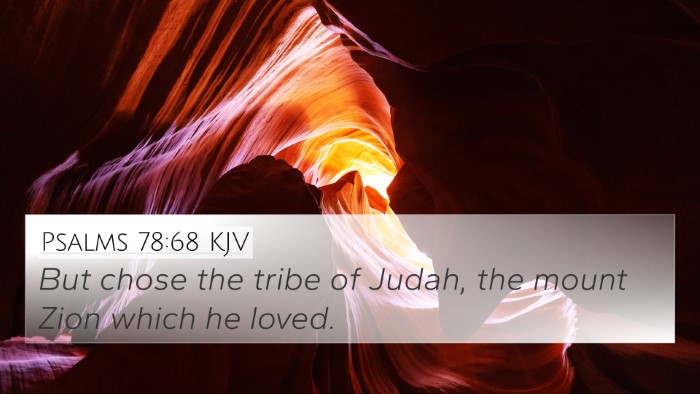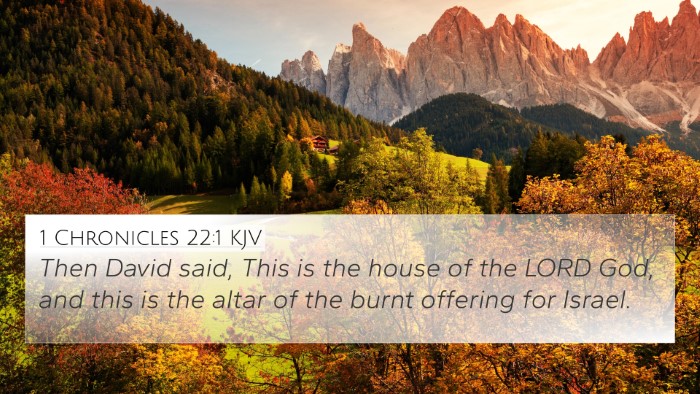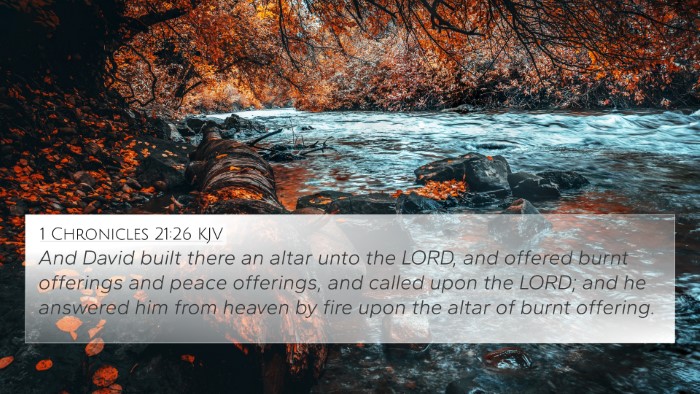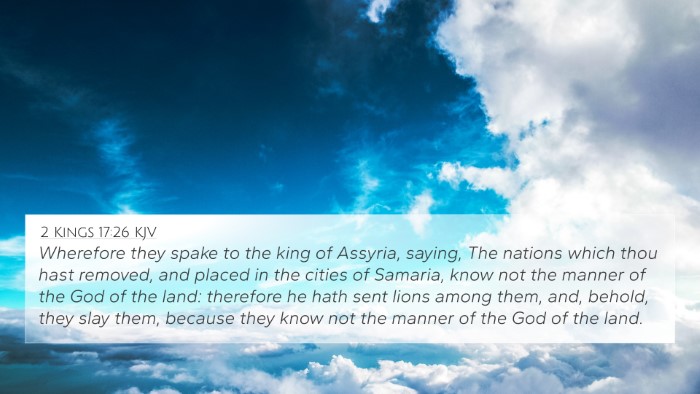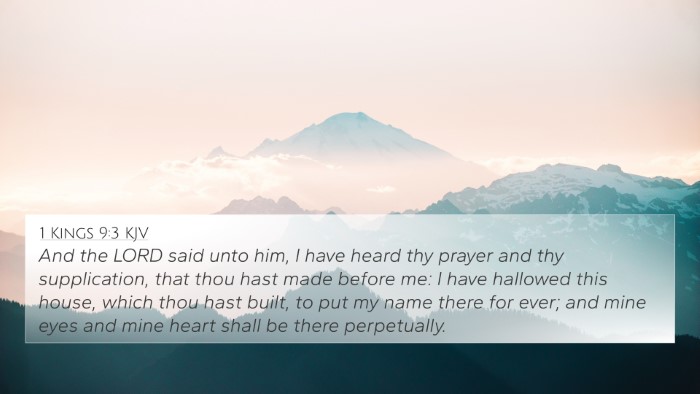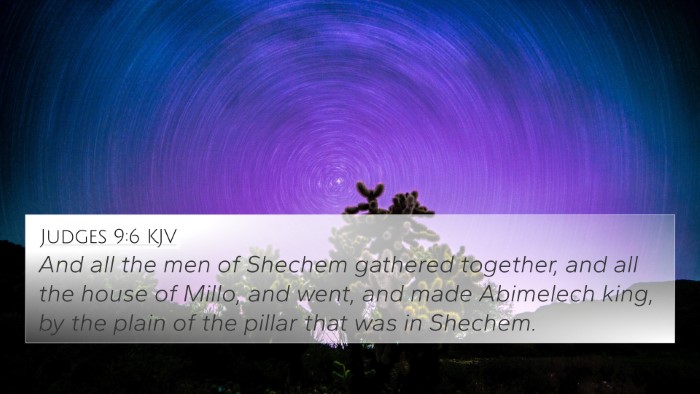Bible Verse Meaning: John 4:20
John 4:20 states, "Our fathers worshipped in this mountain; and ye say, that in Jerusalem is the place where men ought to worship." This verse captures a dialogue between Jesus and the Samaritan woman at the well, revealing the complexities of worship and the tension between Samaritans and Jews.
Context and Significance
The context of this scripture is crucial for understanding its meaning. The Samaritan woman refers to the historical location of worship at Mount Gerizim, a site revered by her people. In contrast, Jesus points toward Jerusalem as the established center for Jewish worship, thus highlighting the division between the two groups.
Insights from Commentaries
-
Matthew Henry:
Henry emphasizes the transition in worship from physical locations to the heart. He notes that true worshippers will worship the Father in spirit and truth, which transcends geographical boundaries and traditions.
-
Albert Barnes:
Barnes underscores the historical context of the Samaritans’ claim, noting that they believed they inherited a legitimate form of worship that derived from ancient practices. He elaborates on how Jesus redirects the conversation towards the nature of worship itself.
-
Adam Clarke:
Clarke brings attention to the theological implications of this verse, suggesting that the discussion reveals a shift from law to grace. He articulates that Jesus is preparing to introduce the idea that worship is not limited to specific locations but is about the heart and sincerity of the believer.
Thematic Connections and Cross-References
This verse intricately connects with several other biblical passages, providing a framework for understanding worship in both the Old and New Testaments.
- Genesis 22:5: Reference to worship on a mountain, indicative of Abraham's faith.
- 2 Chronicles 6:6: Emphasis on Jerusalem as the chosen place for worship.
- Isaiah 2:3: Prophecy regarding the mountain of the Lord being the center of worship.
- Matthew 5:23-24: Highlights the importance of reconciliation in worship.
- Luke 19:46: Jesus’ cleansing of the temple reinforces the significance of where and how to worship in authenticity.
- John 4:23-24: The subsequent verses elaborate on true worship being about spirit and truth.
- Hebrews 10:19-22: Discusses access to God through Christ, shifting worship emphasis from location to relationship.
Understanding Worship: A Deeper Analysis
This conversation not only reveals the divisions among worship practices but also invites deeper reflection on what it means to be a true worshipper. The implications of Jesus' response can be understood through several lenses:
- Worship in Spirit and Truth: Christian belief emphasizes that true worship is not tied to physical locations or rituals but is an act of the spirit, characterized by authenticity and truthfulness.
- Inclusivity in Worship: Jesus’ engagement with the Samaritan woman represents an opening up of worship to all who seek God, not just a select group.
- Cultural Reconciliation: The dialogue symbolizes a breaking down of barriers between different communities, offering a glimpse into the unity of all believers before God.
Conclusion
John 4:20 serves as an essential verse for understanding the nature of worship within the biblical narrative. In its exploration of tradition versus the heart of worship, it challenges believers to examine their own practices and motivations in seeking God. The connections with other scriptures deepen our understanding, inviting us to reflect on how we engage in worship today.
Exploring the Tools for Bible Cross-Referencing
For those seeking to engage with the Bible on a deeper level, employing tools for cross-referencing can be profoundly beneficial. Understanding how biblical texts interrelate can enhance personal study and facilitate richer insights into spiritual themes.
- Bible Concordance: A valuable resource for finding words or phrases throughout the scripture.
- Bible Cross-Reference Guide: Helps trace thematic connections between verses related to worship and beyond.
- Cross-Reference Bible Study: A method to explore multiple scriptures that discuss similar themes or ideals.
- How to Use Bible Cross-References: Learning to identify biblical connections can deepen understanding and encourage comprehensive study.
Keywords for Further Study
For those interested in a robust exploration of John 4:20, the following keywords provide avenues for further research:
- How to find cross-references in the Bible
- Identifying connections between Old and New Testament
- Detailed cross-reference between Gospels
- Bible verses related to worship
- Cross-referenced themes in the Bible
Incorporating these insights, we come to appreciate the transformative message of John 4:20, encouraging believers to worship freely and authentically, wherever they may be.


